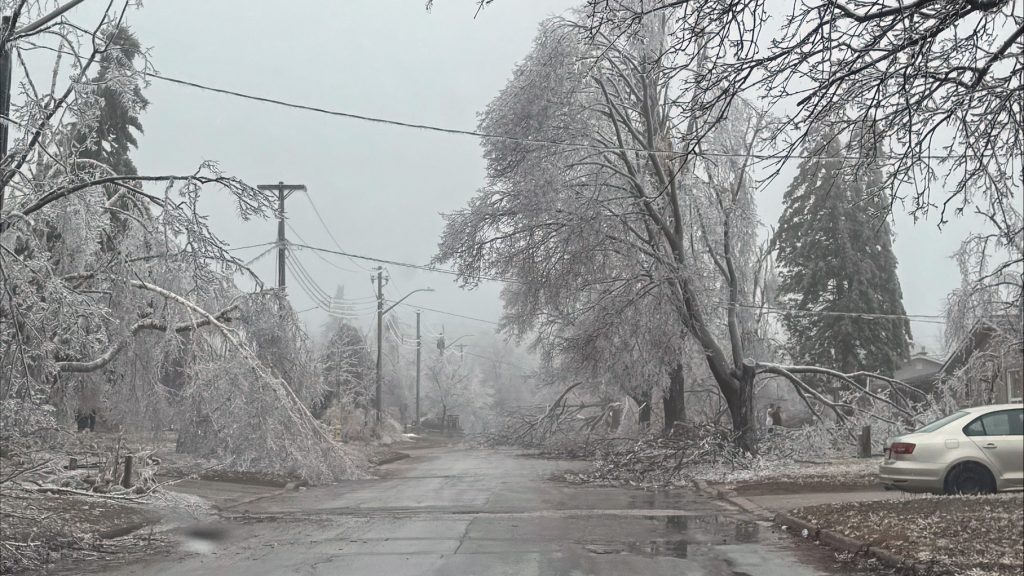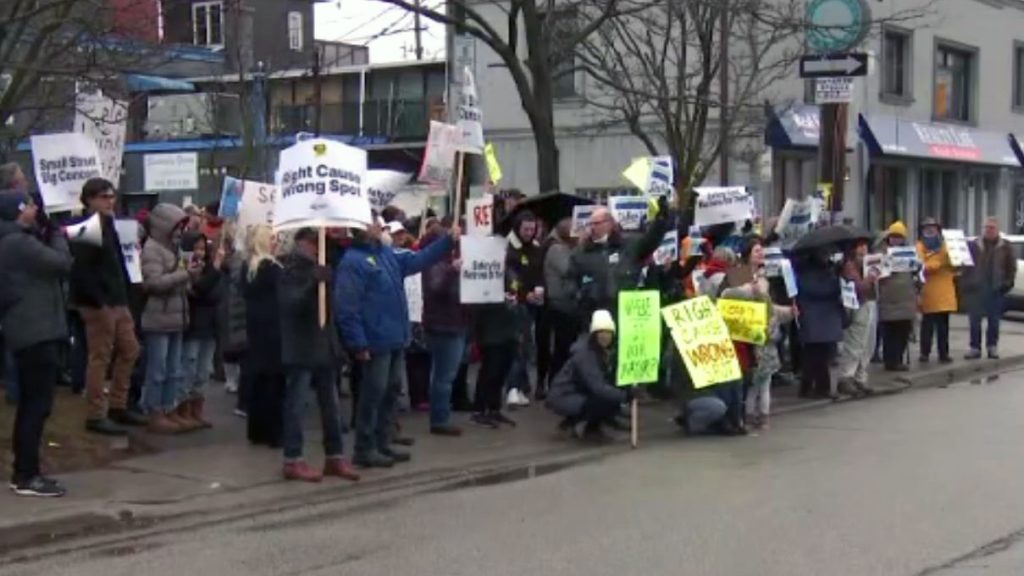Ontario budget 2022: Land transfer, gaming, pot, gas revenues soar as tobacco money drops

Posted April 28, 2022 4:10 pm.
Last Updated April 28, 2022 6:24 pm.
While the Ontario government continues to post projected shrinking budget deficits in the next several years, it is also reporting growth in a number of regulated areas as well as in products consumed by residents.
With the red-hot housing market we’ve seen recently, the provincial government saw a nearly $2-billion increase in land transfer taxes collected ($5.685 billion in 2021-2022). Finance ministry officials expect to see a similar amount in 2022-2023.
Surging gasoline prices also brought an estimated extra $407 million into the province’s coffers in 2021-2022 (total $2.305 billion). Thanks, in part, to a previously announced six-month 5.7/litre decrease in gas tax beginning on July 1, it’s estimated there will be $2.088 billion in revenue received in the coming fiscal year.
One of the biggest agencies to see an increase in revenue over the past year is Ontario Lottery and Gaming thanks mostly to the easing of COVID-19-related restrictions that saw casinos shuttered or capacity restrictions at various points.
The agency saw just $359 million in 2020-2021 and officials estimated OLG raked in $1.436 billion in 2021-2022 (the net income increase was $112 million), both figures far cries from the year before the pandemic started ($2.309 billion came in the 2019-2020 fiscal year). In 2022-2023, it’s expected $2.33 billion will flow into OLG.
RELATED:
- Ontario budget projects larger deficit, billions for infrastructure
- Ford government boosts highway spending by $4B amid transit, roads reannouncements
Another area that saw a big jump is the sale of cannabis products through Ontario Cannabis Store, the provincial government’s distributor.
It’s estimated $174 million in revenue was received in the 2021-2022 budget year (a $19-million net income thanks to lower operating expenses). The year before the Crown company made just $67 million. Looking at the year ahead, officials predicted a jump in sales to $180 million.
The Ontario government received $185 million this past year as part of its share of federal taxes on cannabis products sold.
When it comes to revenue earned through LCBO stores, there was a modest increase too. In 2021-2022, the government saw $2.551 billion in sales, which is a slight increase of $12-million from the year before. The agency forecasts receiving $32 million more by the end of this fiscal year.
There are however agencies and revenue streams that are expected to see declines this year and next.
After seeing a temporary surge in revenue during the first year of the pandemic while many people were at home, Ontario Power Generation (the government’s electricity generation arm) and Hydro One saw a major drop-off this past year. Both agencies collected $1.452 billion in 2021-2022, down from $2.044 billion the year before. Looking at the year ahead, it’s predicted there will be a further $266-million drop – which is in line with what was seen in the year before the pandemic began.
Lastly, tobacco taxes saw another year-over-year decline. For the first time since 2019-2020, those revenues fell below $1 billion. In 2021-2022, $991 million was estimated to have been received while the year before there was $1.099 billion. In the year ahead, it’s forecast there will be another drop of $38 million.








